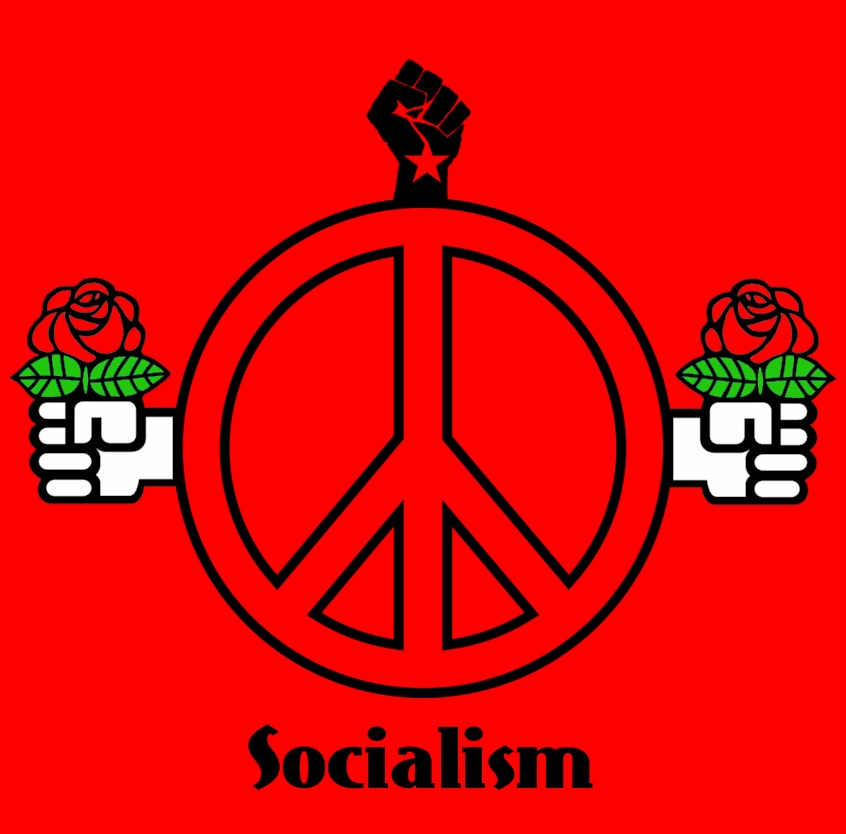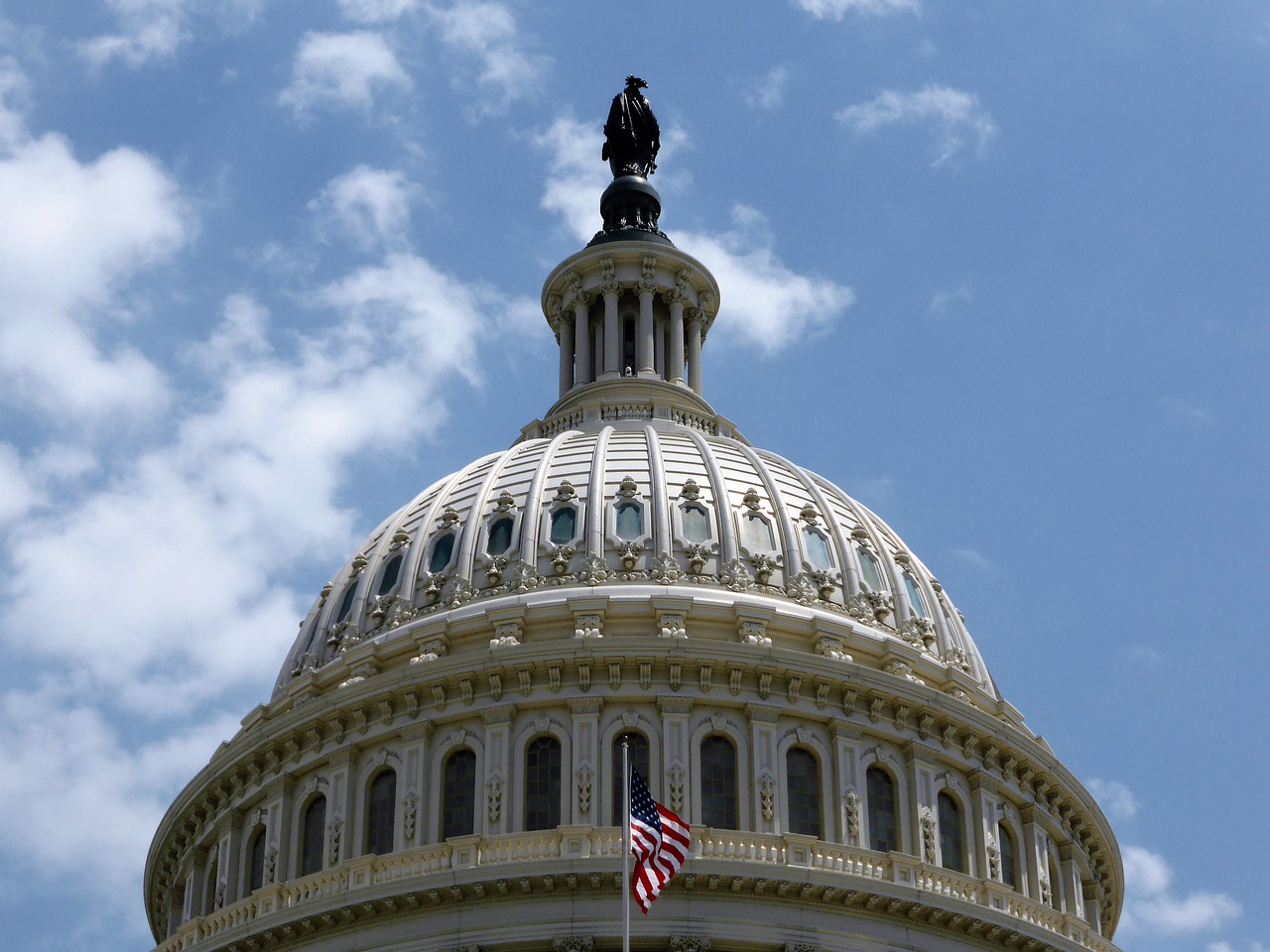Viewpoint: What Socialism Means to Me and Future Generations to Come
This past Monday, May 14th, was the 200th birthday of famed German political economist and philosopher Karl Marx. Known as one of the founding fathers of radical revolutionary socialist thought, Marx saw throughout his own entire life in early industrial Europe that while capitalism was a better transition away from medieval feudalism, it still caused labor exploitation as well as over usage of natural resources and massive unequal power structures between the rich, poor, and those in the middle. His warnings and critiques of capitalism are being further reflective in today’s world of open markets and free trade. While some multiple global studies have shown that extreme poverty has started to decrease, wages are higher than previous centuries, there are fewer wars and conflicts compared to the 20th century, and literacy rates are going up, issues such as income inequality, stagnated income, and big money interests continue to gradually pause progress for humanity and the rest of the planet.
While most younger people nationwide do not want a communist state similar to that of the former Soviet Union, China, North Korea, Cuba, Vietnam, Laos, or even a socialist-populist dictatorship such as Venezuela, support for capitalism amongst today’s youth is starting to wear off in the recent public opinion polls. In a 2016 Harvard University poll, 51% of younger American adults between the ages of 18 to 29 years old said that they oppose capitalism while only 42% of those surveyed support it. In a 2017 YouGov study, 44% of young people preferred to live in a socialist country, 42% preferred to live in a capitalist country, and 7% wanted to live in a communist state.
Younger Americans today are having progressive attitudes not only on a variety of critical social issues such reproductive healthcare, LGBTQ+ rights, and drug policies, but also economic issues that go beyond raising wages, mandating paid parental leave, and higher taxes on the rich. Thanks to in part of globalization and digitalization, today’s younger people are starting to see the failures of free markets and enterprises at home and abroad. Growing up or coming of age in a time of the War on Terror, the Great Recession of 2008, Occupy Wall Street, Black Lives Matter, Fight for $15, and the Me Too movement, younger Americans of the present notice that the major institutions of our society, government, religion, and businesses do not care for them or even consider drastic changes the way they treat consumers, workers, and the environment.
Younger people today and their own children, as well as grandchildren, will start to grow up in a world where the majority of people’s ownership, actions, and voices in all economic, political, and social sectors are either stagnated or suppressed if today’s trends continue to rise domestically and internationally. Socialism, which is mostly defined as public ownership of the economy rather than private ownership, is on the rise in America with Bernie Sanders and the Democratic Socialists of America, Britain with Jeremy Corbyn and Momentum, and France with Jean-Luc Melenchon and La France Insoumise. Socialism from my own perspective and the perspective of younger people today and tomorrow is essentially people’s power and control not only in our own government but also our economies as well. Nobody wants state-owned industries or economies, but many younger people distrust or dislike privatized companies and their polarized influences or results on politics and the environment.
That is why socialist political attitudes amongst the current generation and possibly future generations during as well as after us will start to learn about and advocate for worker and consumer ownership of our own entire market economic system where the few do not control or suppress the many. Imagine if tech giants like Facebook and Twitter were owned by their employees in the form of a giant worker cooperative where privacy rights could be respected and foreign agents do not influence elections for the worse. Imagine if automakers such as General Motors and Ford were worker controlled where nearly all the vehicles they produce and distribute were automated hybrids or renewable energy powered in order to protect passengers and the earth itself. Imagine if the nation’s largest television and print media companies were under workers’ self-management instead of overall corporate management where unbiased news is covered rather than sensational yellow journalism. Although worker ownership is necessary, expanding basic goods, protections, and services such as universal healthcare, tuition-free and debt free public higher education, a humane foreign policy, gun control, voting rights expansion, and electoral reform are needed for a democratizing society and a possible post-scarcity economy where resources, as well as services and products, are produced and distributed with such near cornucopian abundance that minimal human labor is necessary.
Although social democracy, a socioeconomic fusion of market capitalism and welfarist socialism, is a good start, we need to think beyond reforming capitalism. Though radical revolution is not yet on the horizon, the voices are starting to echo towards the minds, bodies, hearts, and souls of future populations living today and tomorrow. Many people before us, Angela Davis, Nelson Mandela, Mahatma Gandhi, and Dr. Martin Luther King, Jr., saw that the world was in a crisis where the people’s voices have been ignored for centuries in human history. Many people during us, Bernie Sanders, Jeremy Corbyn, and Cornel West, have begun to organize a people’s movement of ideas into action. The people after us will have start looking towards a future that we all want that is the best for progress. We are the ones who will further progress into the 21st century and beyond. The era of neoliberalism, paleoconservatism, and neoconservatism where big business rules the game will start to crumble if we do not see our own reality.
If we all want humanity to exist and thrive inside and outside our planet beyond the stars, we must make another world and a better life possible for people. Socialism is about the survival of the human race from extinction and the aspiration of something more in life and existence. We need power to the people.




